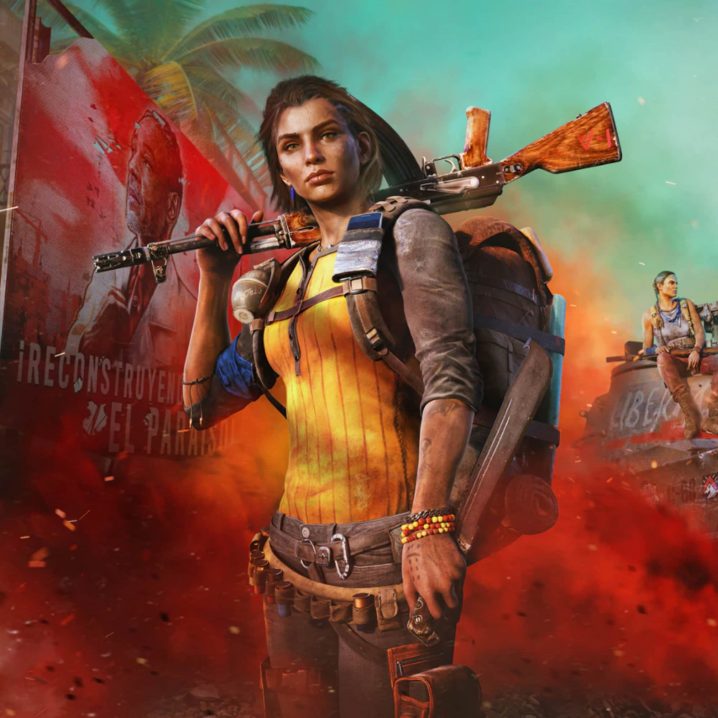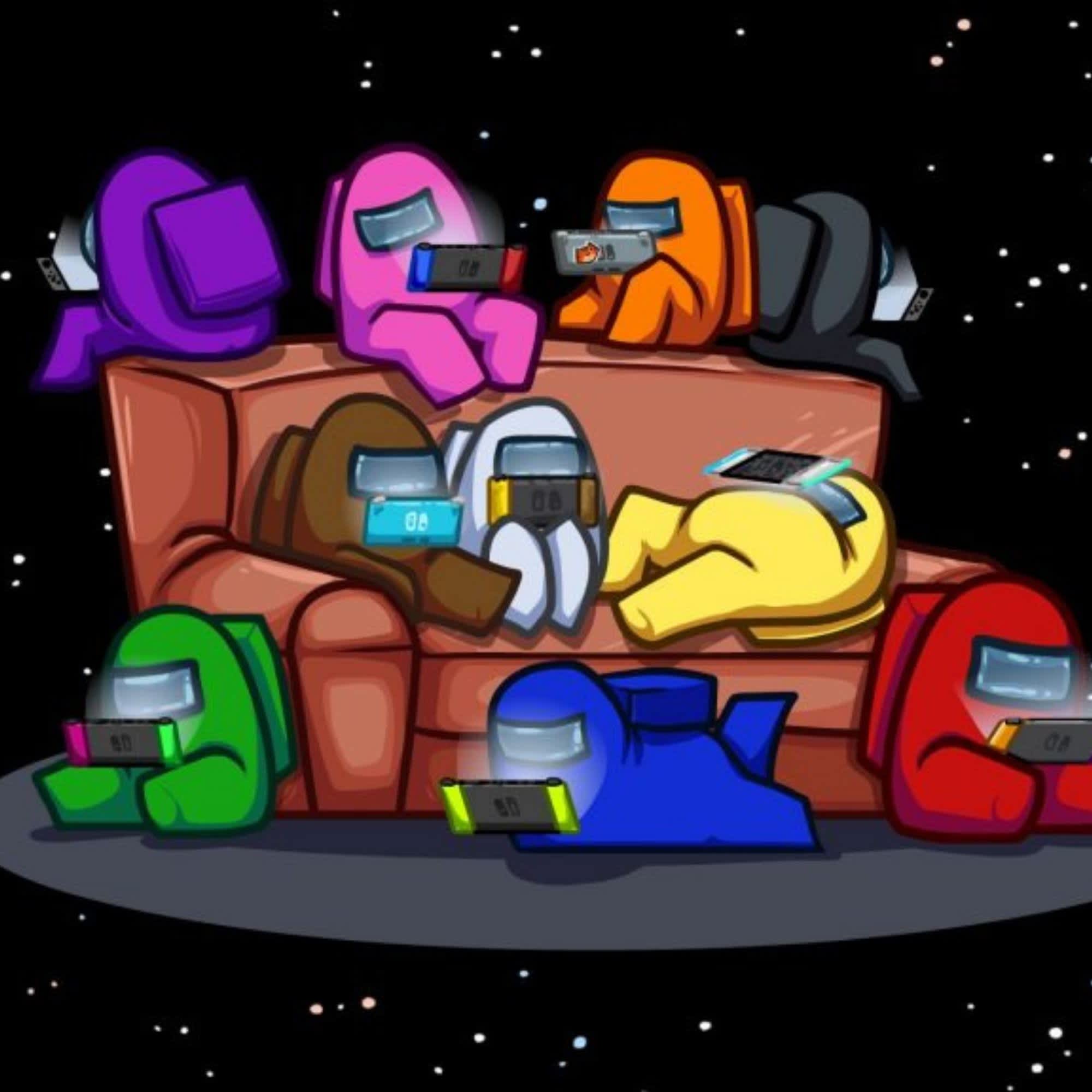
- POPSUGAR Australia
- Gaming
- Why Is Representation in Games Still So Behind?
Why Is Representation in Games Still So Behind?

Earlier this week, the developers of Battlefield 2042 confirmed that Sundance, one of the game’s playable specialists, is non-binary. The reaction was mixed: the usual crowd criticised EA and DICE for pandering to “social justice warriors” and even said they must have done it to draw criticism from the game.
But while they screamed into the void, other players quietly celebrated the fact that a mainstream game franchise was finally going to feature a character who looked like them.
Representation in games is improving, but the bar is still disgustingly low: so low that Battlefield 2042 featuring a character who uses they/them pronouns is remarkable.
It shouldn’t be remarkable.
Let’s Go, Girls!
Let’s be clear, representation for women, POC, people with disability and queer people isn’t great in any form of media. But games still feel like they’re lagging behind.
Ted Lasso gave us an honest depiction of female friendship in Keeley and Rebecca. Insecure puts Black people, and Black women specifically, in the spotlight. Salma Hayek almost turned down The Eternals because she assumed they’d cast her as the grandmother — but instead, she became one of the oldest leads in an MCU film.
Meanwhile, a game that features a non-binary character has comments like this: “I identify as someone who wants classes and not specialists. Where’s my representation?”
The bar is in hell, and every time someone makes an aggressive comment it pushes it down lower and lower and makes it harder for marginalised people to feel like there’s a place for them in games.
Does It Even Matter?
There are two common reactions when devs put anyone who isn’t a straight white man in a game: people accuse them of pandering to the masses or say it doesn’t matter.
“These announcements do nothing for me,” wrote one Facebook user in the comments section of an article about Sundance. “Are the characters part of a wide, weaving complex storyline? No? Then this is just glorified padding and virtue signalling. This announcement changes nothing and has zero impact. I’m all for spreading awareness and cultivating a culture of acceptance, but surely this is just a token gesture.”
So, here’s the thing: the specialists in Battlefield 2042 aren’t part of a complex storyline. In fact, the game won’t even have a single-player campaign. You’d probably never know that Sundance is non-binary when you’re playing.
Representation of minorities in media is incredibly important
— TheHolyODST || 🌽🍞 (@TheHolyOdst) October 26, 2021
If you're a white cis guy all the characters look like you and you can connect with them easily that's not the case if you're literally anything else. People want to feel represented in media.
But that doesn’t mean it’s a token gesture. Because it does matter when games include people who aren’t used to seeing themselves in games. Any man who gets angry that they might have to play as a female character is proof that seeing characters who look like you matters.
Women make up over 47 per cent of all gamers in Australia, but this conversation happens almost every time a game with female characters is announced.
Work It
While movies and books are passive, games require you to be an active participant. This is part of the reason why representation in games matters so much: because in games that let you control a character’s voice and choices, you’re not just expected to identify with the character, you’re expected to identify as them.
And while women gamers can absolutely feel connected to male characters and vice versa, it’s important that everyone has the opportunity to play games where they can control a character who’s like them, whether that’s based on gender, skin colour or sexuality.
Games are getting better at representing the people who play them, but there’s a long way to go. Developers need to be better at making their games inclusive, and players need to be better at accepting these characters.
There’s more to do, but things are getting better, and we should celebrate all the small wins we get.


